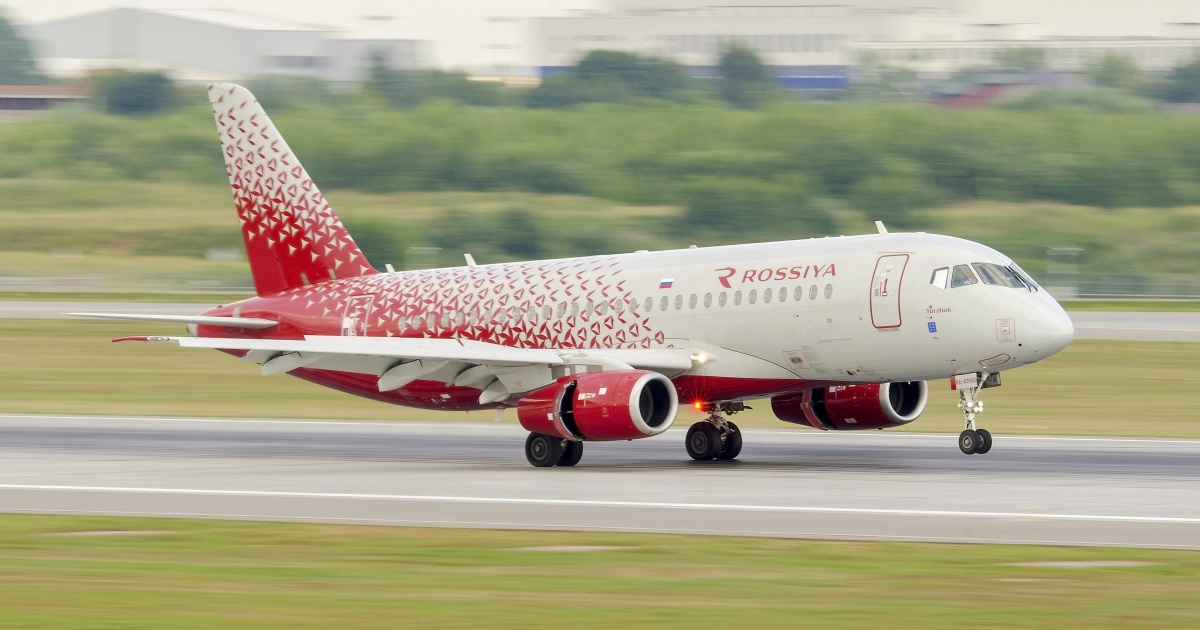Two flight attendants from Rossiya Airlines, identified as "Alexander" and "Boris," are at the center of a smuggling scandal after attempting to bring large quantities of Cuban cigars into Russia. The incident unfolded following their return from a three-day vacation in Varadero.
Reports from local media suggest that the crew members exploited their employee status to secure discounted tickets for their trip to the island, a favored destination for Russian tourists. However, upon their arrival in Moscow, they attempted to pass through the airport's "green corridor," which is designated for passengers with nothing to declare. Their behavior aroused the suspicion of customs authorities, who conducted a routine inspection of their luggage.
The findings were startling: Boris was carrying 80 Cuban cigars, including a box of 25 Habanos, along with several packs of ten. The total value of these goods was estimated at over 130,000 rubles (approximately $1,230). Meanwhile, Alexander had 70 H. Upmann cigars, also distributed in packs, valued at approximately 180,000 rubles (about $1,702).
Legal Consequences and Potential Aggravators
Smuggling large quantities of cigars is considered a serious offense in Russia. Under Article 226.1 of the country's Penal Code, undeclared importation of strategic goods such as cigars can lead to prison sentences of up to seven years. Authorities have also indicated the possibility of aggravating circumstances, suspecting that this was not the first time the crew members engaged in such illegal activities.
In Russia's black market, Cuban cigars are a lucrative business. It is estimated that transporting 50 cigars from Cuba can yield profits of up to $300, highlighting the motivation behind the smuggling operation.
Effectiveness of Cuban Customs in Question
The fact that the flight attendants managed to leave Cuba with 150 cigars undetected raises serious questions about the effectiveness of customs controls on the island. Cigars are one of Cuba's main exports and are typically subject to strict scrutiny at customs due to their high value in international markets.
One possibility is that Boris and Alexander used their status as airline personnel to bypass stringent inspections, as crew members often face less rigorous checks. Another theory suggests internal corruption, a persistent issue in a country where low wages may lead to illicit practices. It cannot be ruled out that the smugglers bribed customs staff to ensure the products exited the country without incident.
Other Smuggling Incidents in Russia
This is not an isolated case. In recent months, Russian authorities have uncovered smuggling attempts ranging from branded clothing to valuable antiques. According to the outlet TURPROM, "couriers"—passengers transporting contraband goods from abroad—have also been intercepted on multiple occasions.
In response to these incidents, Russia has strengthened its customs checks at airports and ports. Trade restrictions and the economic situation have increased the frequency of smuggling, forcing authorities to enhance surveillance to combat these activities.
As of the close of this report, Rossiya Airlines has not issued an official statement regarding the incident.
FAQs on Russian Airline Smuggling Incident
What were the flight attendants accused of smuggling?
The flight attendants were accused of smuggling large quantities of Cuban cigars into Russia.
What legal consequences could the attendants face?
Under Russian law, they could face up to seven years in prison for the undeclared importation of strategic goods like cigars.
How much were the cigars worth?
The cigars carried by Boris were valued at over 130,000 rubles (approximately $1,230), while Alexander's were valued at approximately 180,000 rubles (about $1,702).
Why is Cuban customs being questioned?
The ability of the flight attendants to leave Cuba with 150 cigars undetected raises questions about the effectiveness of customs controls on the island.
